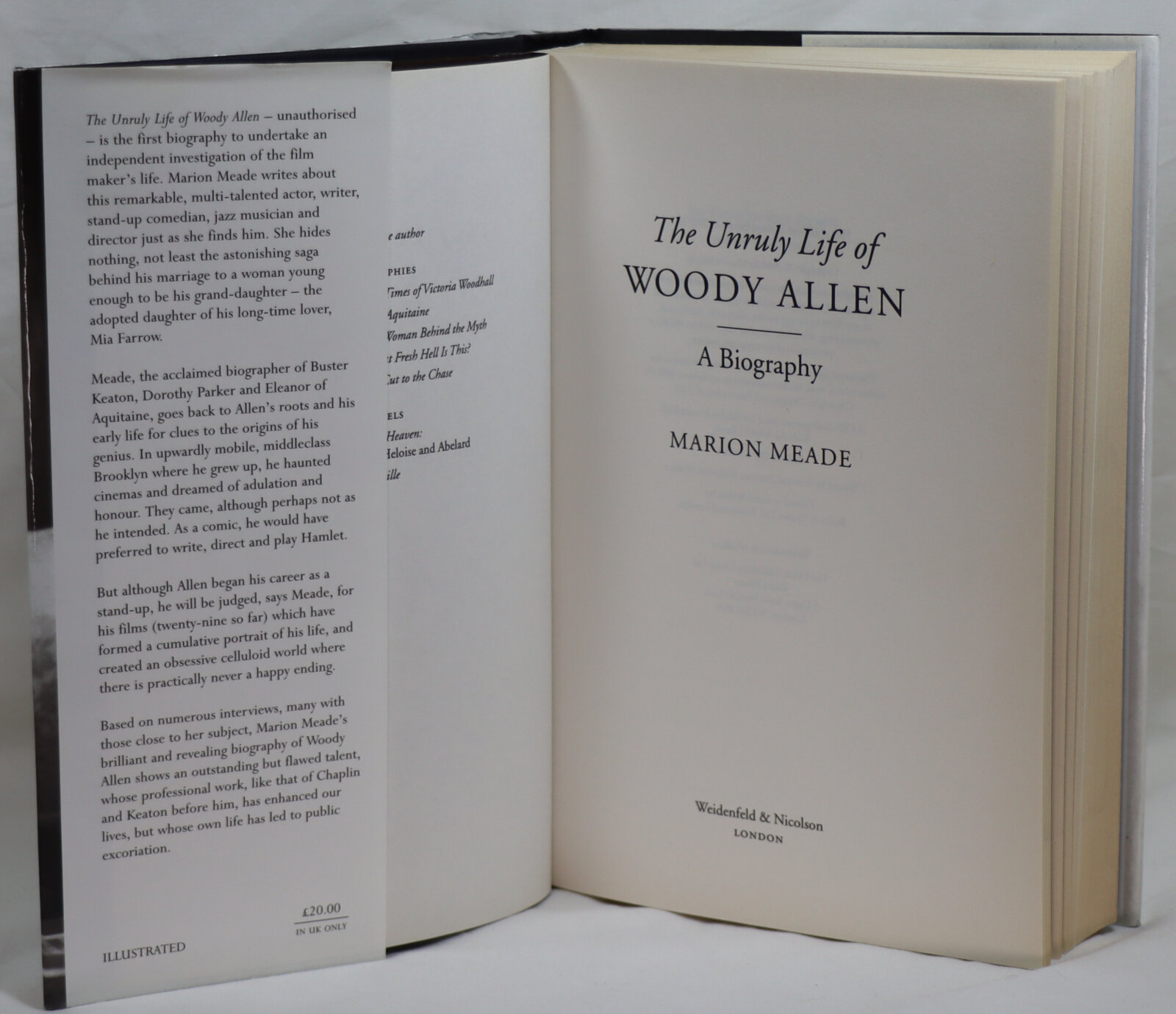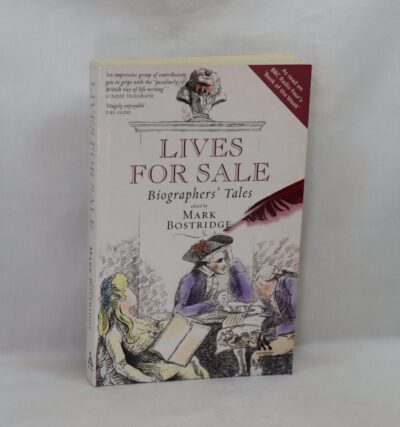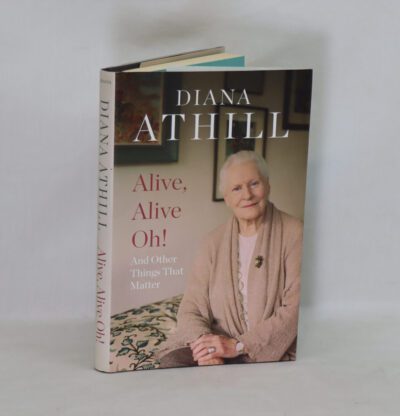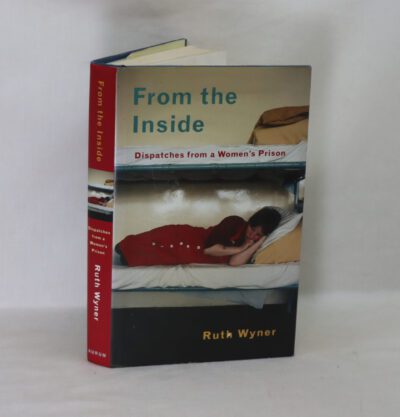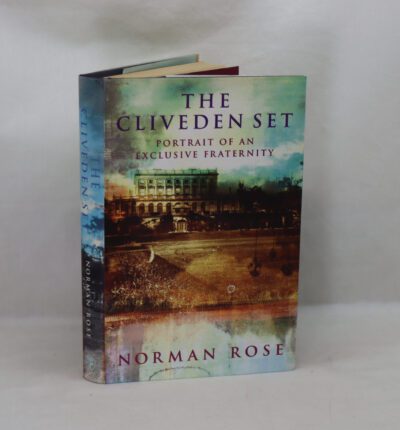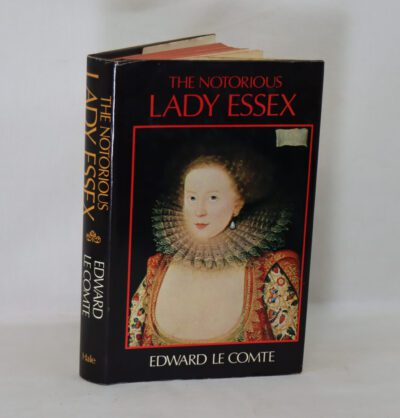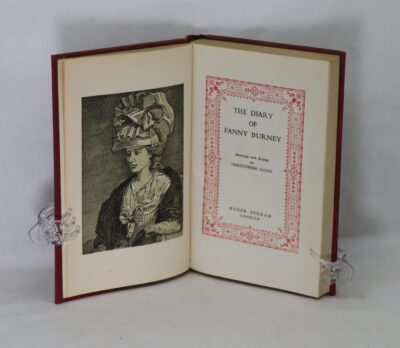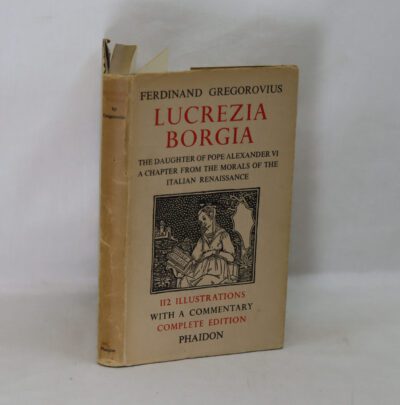The Unruly Life of Woody Allen.
By Marion Meade
ISBN: 9780684833743
Printed: 2000
Publisher: Weidenfield & Nicolson. London
| Dimensions | 17 × 24 × 4 cm |
|---|---|
| Language |
Language: English
Size (cminches): 17 x 24 x 4
Condition: Fine (See explanation of ratings)
Item information
Description
In the original dustsheet. Black cloth binding with silver title on the spine.
-
F.B.A. provides an in-depth photographic presentation of this item to stimulate your feeling and touch. More traditional book descriptions are immediately available.
Previous biographies have either been principally studies of his work (John Baxter’s WOODY ALLEN: A LIFE, HarperCollins, 1998) or authorised (Eric Lax’s WOODY ALLEN: A LIFE, Cape, 1992). Marion Meade tells the whole story from his working class beginnings in the Bronx, through his early career as a gag writer for New York newspaper columnists, his struggles as a stand-up comedian, to his break-through into films with What’s New Pussycat (which he wrote and starred in alongside Peter O’Toole). As a writer/director he has made many films most notably Annie Hall (starring Diane Keaton with whom he lived for many years), Manhattan, Hannah and Her Sisters (with Mia Farrow, with whom he had a 13 year relationship) and Broadway Danny Rose. Marion Meade’s is an unauthorised life, but many of those close to Allen both professionally and personally have talked as her previous books on Keaton and Dorothy Parker were widely praised.
Review: Woody Allen once controlled the press like his actors and as critic Andrew Sarris observes, Woody “is almost a ventriloquist and all his actors are marionettes. It’s his nature. He has to be on top.” The Soon-Yi scandal cost him $7 million and his protected reputation and now we’ve got Marion Meade’s unblinking look at his blighted life (superior to John Baxter’s Woody Allen; not quite as good as Meade’s Dorothy Parker: What Fresh Hell Is This? The son of a loveless father and mother who respectively ignored and beat him daily, Woody grew up mean, scarred and scared: he slept with a night light until his early 40s and considered suicide daily until at least age 51. His uncanny gift for comedy gave him no comfort but films did. His most autobiographical character is Cecilia in The Purple Rose of Cairo, who took refuge in theatres from “the ugly light” of real life. Meade casts ugly light on Woody and his work. His best role for a woman, Annie Hall, is “basically stupid” as Diane Keaton said. In life and art, Woody sought leading ladies he could dominate. He stalled Mia Farrow continually before granting her the right to keep her shampoo at his apartment “alongside toiletries belonging to Diane Keaton, preserved there like so many fossilized relics in King Tut’s tomb for more than a decade.” Mia was horrified that he spilled her family’s nasty secrets in Hannah and Her Sisters and fretted over his obsession with Keaton and her sisters, Mariel Hemingway’s sister and Mia’s own sister Steffi–whose photos she discovered (shades of Soon-Yi!) in his apartment. Woody’s loveable persona was as fake as his transplanted, dyed hair. And Mia’s no sweetheart herself: having caught her father with Ava Gardner one night as a child, she married Ava’s former husband Frank Sinatra at 19, and then stole her friend Dory Previn’s husband Andre, saying, “You don’t fight what feels good.” If Meade’s sour, thorough tome is true, nobody in Hollywood fights what feels good and they all come out looking pretty bad. –Tim Appelo
Book Description: For the first time, the real Woody Allen; the remarkable and idiosyncratic writer, actor, film director and clarinetist whose bizarre private life that includes marriage to Soon-Yi, the adopted daughter of his long-time lover, Mia Farrow.
Marion Meade is the author of six biographies, including Dorothy Parker: What Fresh Hell is This?, and two novels. The New York Times Book Review selected her last biography, Buster Keaton: Cut to the Chase, as one of the notable American books of 1995. She studied at Northwestern University and received a Master¿s degree in journalism from Columbia University. She lives in New York City.
Heywood Allen (born Allan Stewart Konigsberg; November 30, 1935) is an American filmmaker, actor, and comedian whose career spans more than six decades. Allen has received many accolades, including the most nominations for the Academy Award for Best Original Screenplay, with 16. He has won four Academy Awards, ten BAFTA Awards, two Golden Globe Awards and a Grammy Award, as well as nominations for an Emmy Award and a Tony Award. Allen was awarded an Honorary Golden Lion in 1995, the BAFTA Fellowship in 1997, an Honorary Palme d’Or in 2002, and the Golden Globe Cecil B. DeMille Award in 2014. Two of his films have been inducted into the National Film Registry by the Library of Congress.
Allen began his career writing material for television in the 1950s, alongside Mel Brooks, Carl Reiner, Larry Gelbart, and Neil Simon. He also published several books of short stories and wrote humor pieces for The New Yorker. In the early 1960s, he performed as a stand-up comedian in Greenwich Village, where he developed a monologue style (rather than traditional jokes) and the persona of an insecure, intellectual, fretful nebbish. During this time, he released three comedy albums, earning a Grammy Award for Best Comedy Album nomination for the self-titled Woody Allen (1964).
After writing, directing, and starring in a string of slapstick comedies, such as Take the Money and Run (1969), Bananas (1971), Sleeper (1973), and Love and Death (1975), he directed his most successful film, Annie Hall (1977), a romantic comedy featuring Allen and his frequent collaborator Diane Keaton. The film won four Academy Awards, for Best Picture, Best Director, Best Original Screenplay, and Best Actress for Keaton. Allen has directed many films set in New York City, including Manhattan (1979), Hannah and Her Sisters (1986), and Crimes and Misdemeanors (1989).
Allen continued to garner acclaim, making a film almost every year, and is often identified as part of the New Hollywood wave of auteur filmmakers whose work has been influenced by European art cinema. His films include Interiors (1978), Stardust Memories (1980), Zelig (1983), Broadway Danny Rose (1984), The Purple Rose of Cairo (1985), Radio Days (1987), Husbands and Wives (1992), Bullets Over Broadway (1994), Deconstructing Harry (1997), Match Point (2005), Vicky Cristina Barcelona (2008), Midnight in Paris (2011), and Blue Jasmine (2013).
In 1979, Allen began a professional and personal relationship with actress Mia Farrow. Over a decade-long period, they collaborated on 13 films and conceived a child, the journalist Ronan Farrow. The couple separated after Allen began a relationship in 1991 with Mia’s and Andre Previn’s adopted daughter Soon-Yi Previn. In 1992, Farrow publicly accused Allen of sexually abusing their adopted daughter, Dylan Farrow. The allegation gained substantial media attention, but Allen was never charged or prosecuted, and vehemently denied the allegation. Allen married Previn in 1997. They have adopted two children.
Want to know more about this item?
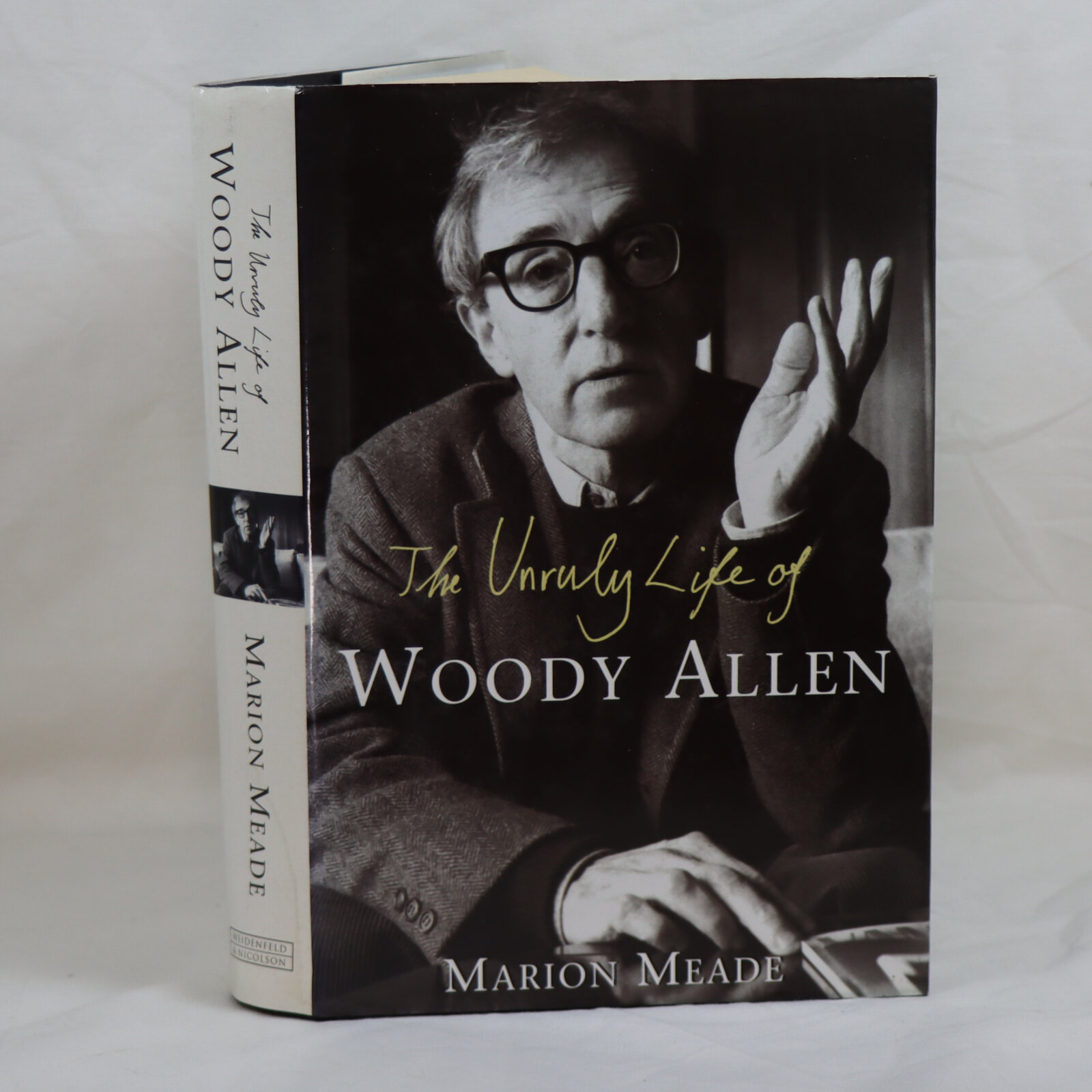
Share this Page with a friend

